Do Women of Colour Need Special Skin-Care Products?
It always surprises me to see skin care products that are advertised specifically for male skin or for women with darker skin types. This may come to you as a surprise but skin care products and more specifically skin ingredients are colour and gender blind. In a nutshell we all need the same skin care ingredients for our specific skin types rather than the colour of our skin or if we are male or female. Very simply it is our skin type that determines the best skin care ingredients.
All research shows that even though there are some differences between darker and lighter skins there is no difference when it comes to choosing skin-care products.
Skin Care Choice
When choosing skin care products we need to determine our skin type as everyone’s skin needs the same ingredients to address dry skin, acne, wrinkles, sun damage, uneven skin tone, oily skin, rosacea, sensitive skin, etc.
And strangely enough (well not that strange) we all need the same basic skin care regime:
Darker Skin Concerns:
Even though basic skin care needs are the same for everyone there are some differences seen with darker skin types:
- More prone to keloid or raised scarring
- Susceptible to hyperpigmentation
- More often struggles with acne
- Ingrown hairs may be a more common occurrence
- Increased melanin distribution and production
Here is my recommended skin care routine:
- Cleanser:
- Exfoliation:
- Moisturiser:
- Sunscreen:
Need further information?
Then get personal recommendations from Dr Alek Nikolic through the Face2Face Skin Assessment or our SkinMiles Skin Chat and Skin Advice Articles.
Further Reading:
- Please check my article on skin regimes here.
- Please check my articles on:
- Gentle cleansing:
- Effective exfoliation to improve skin texture and tone:
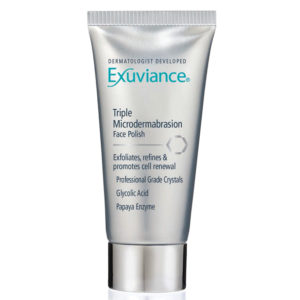
- A state-of-the-art moisturiser (over dry areas, including around the eyes):
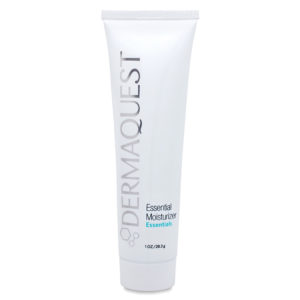
- Broad-spectrum, daily protection from a sunscreen rated SPF 25 or greater:
- Appropriate treatments for skin discolorations (hydroquinone-based products or proven alternatives), blemishes, dry skin, oily skin, and rosacea.
(Sources: Cosmetics & Toiletries, September 2010, pages 18–23; Journal of Dermatological Science, August 2010, pages 123–128; Journal of Clinical Aesthetic Dermatology, April 2010, pages 24–38; Seminars in Plastic Surgery, August 2009, pages 168–172; Dermatology Nursing, July-August 2009, pages 170–177; Journal of Drugs in Dermatology, January 2007, pages 19–22.)
I hope you found the article on how to treat darker skin types useful and that you will consider adding them to your skin care regime. Remember we have tested all our online doctor prescribed skin products at my cosmetic practice. If you have any skin questions let me know and please feel free to post any comments.
Kind regards



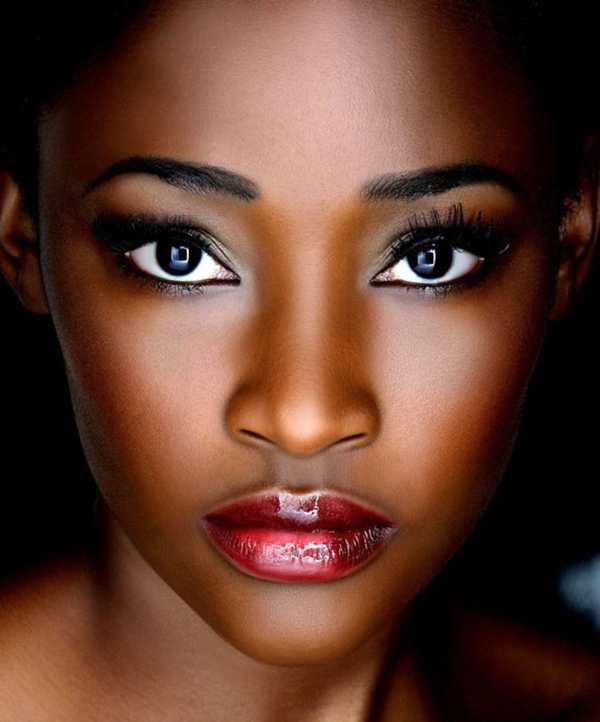
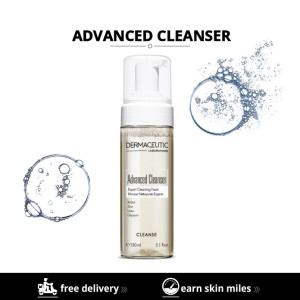
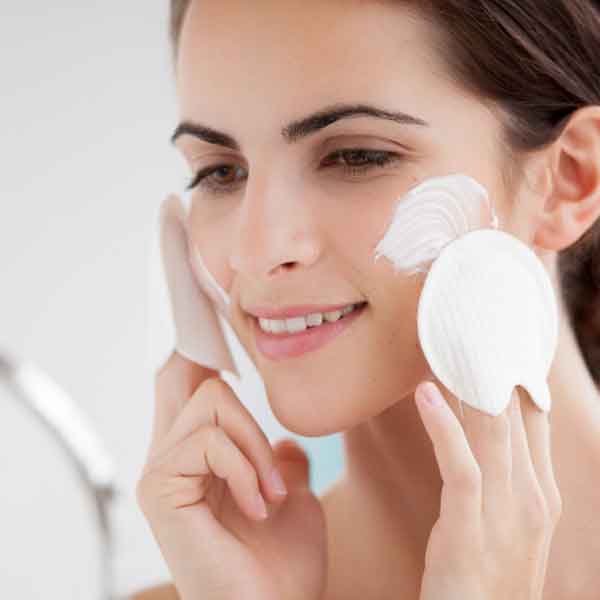
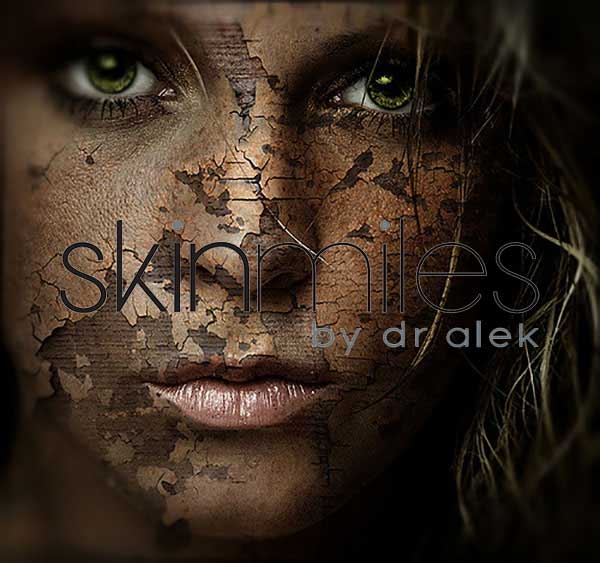




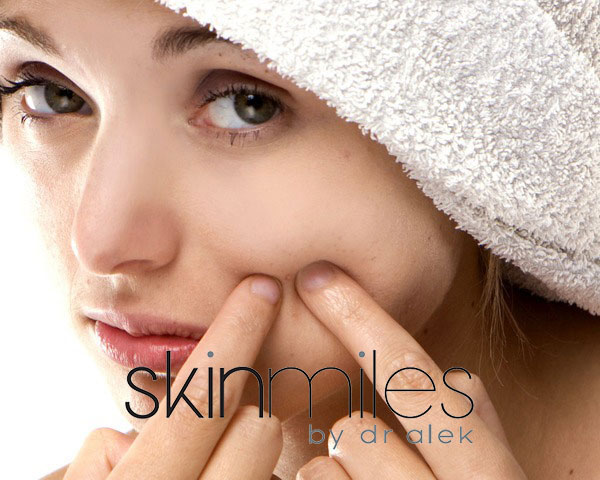
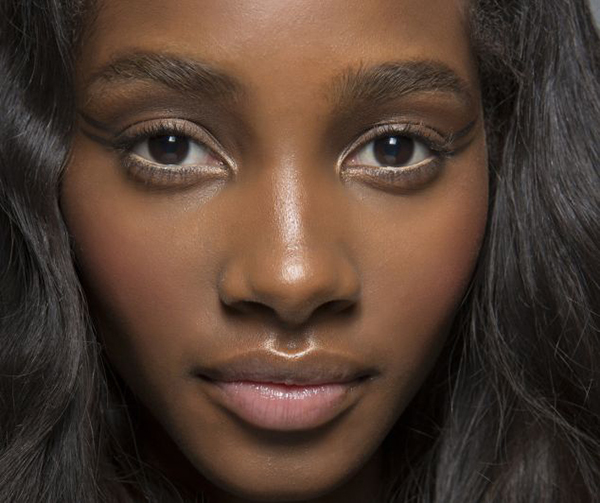
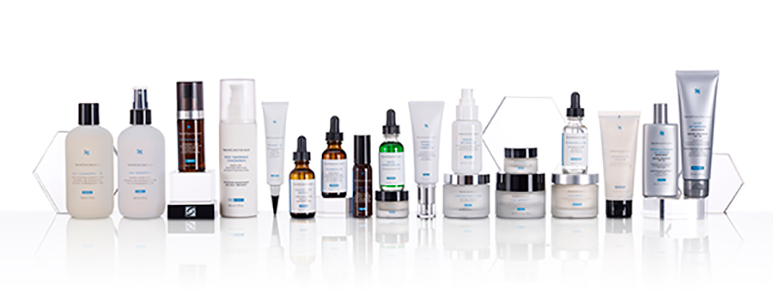
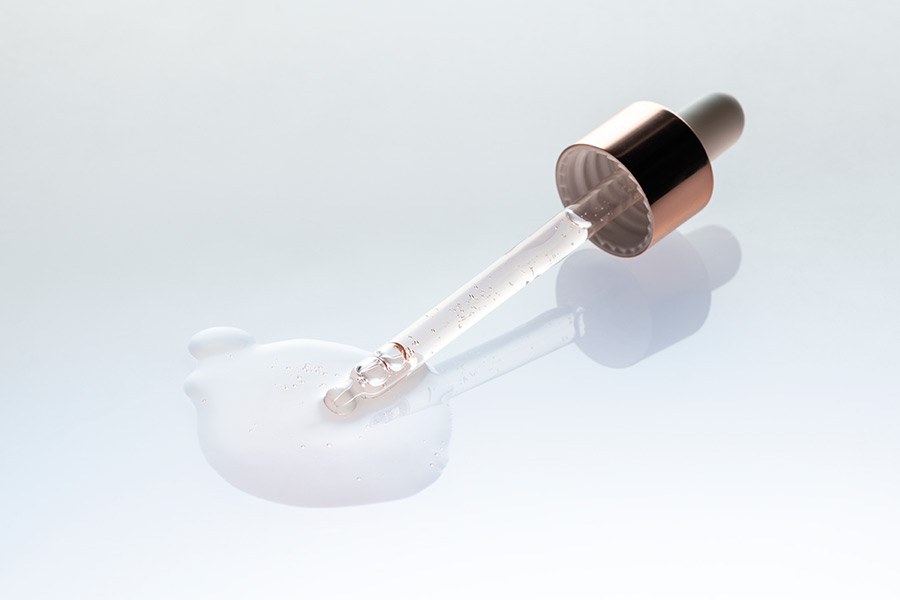
thanks dr alek for a great and informative article